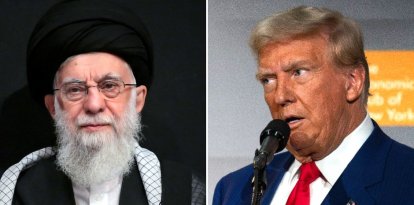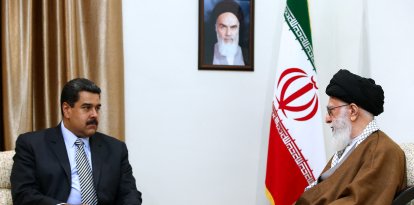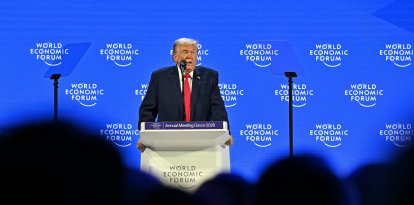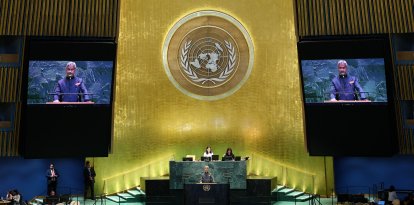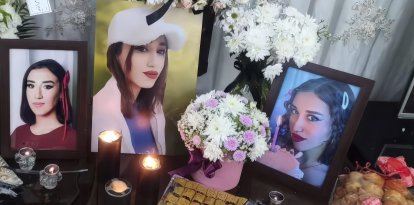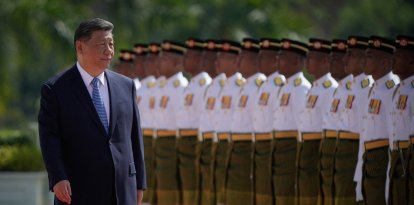Argentina: death and (sinister) legacy of Hebe de Bonafini
She was absorbed by the worst of politics, and her hatred and acts of corruption earned her the disapproval of many Argentines.
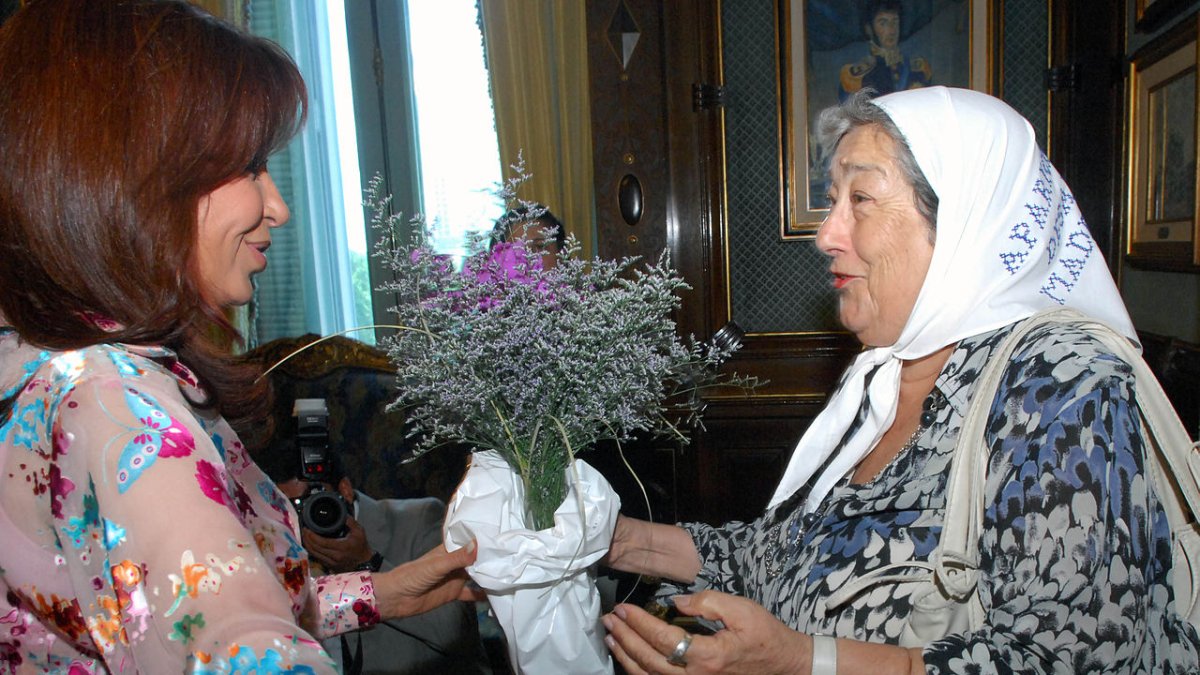
Cristina Kirchner & Hebe de Bonafini / Wikipedia.
The president of the organization Madres de Plaza de Mayo, Hebe de Bonafini, died on Sunday at the age of 93 in the city of Buenos Aires. Although she began her activism during the civil-military dictatorship of the 1970s by demanding that two of her sons reappear and then by raising awareness for the rest of those who remained missing, the truth is that she was absorbed by the worst of politics, and her hatred and acts of corruption earned her the disapproval of many Argentines.
Mrs. Bonafini became an idol of the far left and had no qualms about launching her hateful diatribes at the usual Thursday marches in the Plaza de Mayo, as well as in various interviews. Bonafini did not measure her words; she even mocked innocent dead people, defended terrorist groups with blood on their hands, expressed her admiration for communist dictators, and did not hide her anti-Semitism or her hatred of the United States.
Let's take a look at the history of some of her most unpleasant statements.
After 9/11, Bonafini said:
Moreover, after the attack in New York, even Horacio Verbitsky, a former member of the terrorist organization Montoneros turned leftist journalist who is part of the propaganda machine of Kirchnerism, criticized Bonafini's statements on that occasion. Bonafini did not hesitate to respond with her characteristic hatred:
Her anti-Semitism was also expressed after the 1994 terrorist attack against the AMIA (Asociación Mutual Israelita Argentina), which left 85 dead and hundreds wounded. Despite the fact that it was the worst attack ever carried out on Argentine soil, she said:
Regarding prosecutor Alberto Nisman, who was investigating the AMIA bombing and was assassinated in 2015 after accusing the then president and now vice president, Cristina Kirchner, of covering up for the Iranians responsible for the attack, she stated that he was “a poor guy, he had to shoot himself because he had no other way out.”
In 2009, during the war between Israel and Palestinian terrorist groups in Gaza, Bonafini led a protest against the Jewish state. On that occasion she said: "We all have to be against this war. It would be very good for the UN to show that it is not governed by the United States." She also accused the country of "constituting a colonial and genocidal outpost. Here, the whole society is against the Nazi government of Israel.”
Bonafini was not only a supporter of Islamic terrorism, but also vindicated bloody groups such as ETA in Spain or FARC in Colombia.
Bonafini had no qualms about mocking people murdered by terrorist groups or tyrannies she admired. She did not believe in independent justice. She threatened judges and opponents and robbed people she claimed to defend. She was a corrupt woman who had no respect for life, was blinded by hatred and had no regard for the consequences of what she said.
Bonafini was a close ally of Kirchnerism, which she used and continues to use post death in her attempt to take over the noble cause of defending human rights. Yes, despite everything she said and despite not hiding her hatred, Bonafini was considered a fighter for human rights. She used to insult any politician who opposed this Peronist trend, any prosecutor who dared to accuse Cristina Kirchner of corruption and threatened any independent judge who might find her guilty. In fact, after the alleged assassination attempt against the current vice-president, she called for "a town meeting" to be held against the Supreme Court and "all these shitty judges,” referring to the magistrates involved in the investigation of the attack against Cristina.
As a good friend of Kirchnerism, her image was tarnished by a serious corruption case more than a decade ago. Bonafini was accused, together with the parricide lawyer Sergio Schoklender, then attorney of the foundation Madres de Plaza de Mayo, of diverting 206 million pesos given by Cristina Kirchner's government for a program called Sueños Compartidos, which had been created to build social housing and health centers for people in need. After the scandal, Schoklender accused Bonafini and her daughter Alejandra of being responsible for the irregularities within the foundation.
After Bonafini's death, as expected, the rift in Argentina deepened. Supporters of Kirchnerism mourned her death and recalled her "struggle for human rights,” while opponents celebrated her death. Well-known journalist Jorge Lanata, a critic of Kirchnerism and Bonafini, repudiated the messages of joy for Bonafini’s death despite their many differences.
Bonafini had no qualms about mocking people murdered by terrorist groups or tyrannies she admired. She did not believe in independent justice. She threatened judges and opponents and robbed people she claimed to defend. She was a corrupt woman who had no respect for life, was blinded by hatred and had no regard for the consequences of what she said. Apparently, her objective was to impose a leftist dictatorship managed by an absolutist leader, to end the division of powers, to shoot those who thought differently and to enrich herself at the expense of citizens.
Does anyone who rejoices over Bonafini’s death in a simple post on social media do more damage than everything she did to Argentines? I would not have wanted her shot, but she would have had me shot if she had the power to do so. Is it wrong to rejoice? Do I have to mourn her passing just because she died? You will have to forgive me, but my only regret is that this woman was on this planet for 93 long years.














